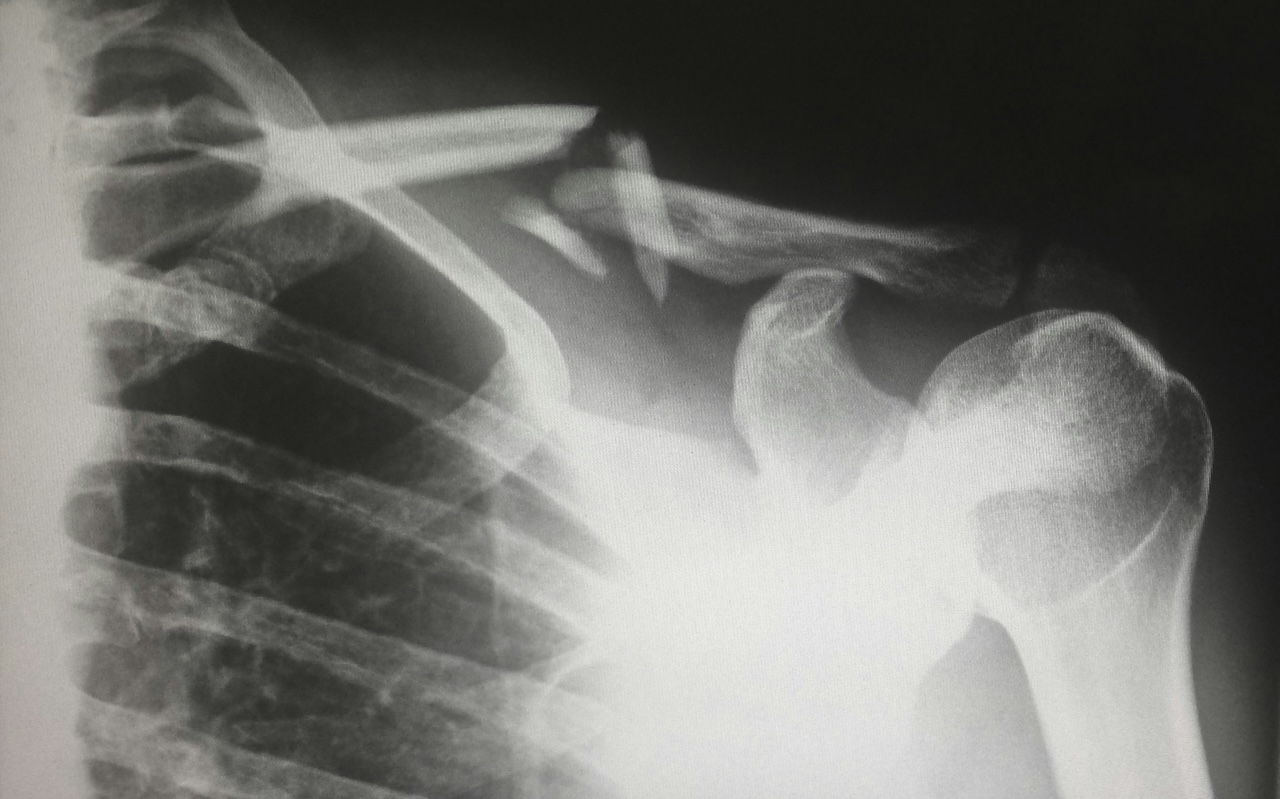Key Takeaways
- Health insurance can help cover medical bills after a car accident, but it shouldn’t be your only line of defense.
- Using your health insurance first, then supplementing with MedPay or other options, can reduce your out-of-pocket costs and maximize your final settlement.
- Even without health insurance, you may still have options like delayed billing, Medicaid, or legal assistance to help cover treatment after a crash.
When you’re hurt in a car accident, one of the first questions you may have is: Will health insurance cover car accidents? The short answer is yes, health insurance can help cover the costs of medical treatment after a car crash, but it isn’t necessarily your only option.
Other types of coverage can also alleviate the medical costs of accident-related injuries, such as MedPay, an add-on for your auto insurance policy. If another driver caused the accident, their liability coverage may also provide financial assistance. However, each type of insurance has different rules, timelines, and advantages. In this blog, we’ll walk you through the options that may be available to you for how medical bills are paid after a car accident, including what to do if you don’t have health insurance.
What Insurance Covers Car Accident Injuries?
Health insurance is typically the first line of defense in managing car accident medical bills. However, other types of insurance that may help pay for your medical treatment include:
- MedPay (Medical Payments Coverage): Available in Virginia, MedPay is an optional add-on to your auto insurance policy that helps cover medical expenses regardless of who is at fault. It can help cover out-of-pocket costs, such as copays or deductibles, that your health insurance doesn’t cover.
- Liability Insurance: The at-fault driver’s auto insurance is legally required to pay for your damages, including medical bills. However, receiving compensation is often a lengthy process, as the insurance company will typically need to investigate the accident.
- Uninsured/Underinsured Motorist Coverage (UM/UIM): If the at-fault driver doesn’t have enough coverage, or any insurance at all, your own UM/UIM policy can help cover the costs of your injuries.
Why You Should Use Your Health Insurance After a Car Accident in Virginia
While many people believe that it’s unfair that they must use their own health insurance when the injuries were caused by someone else’s negligence, you should always use your health insurance when you are being treated for an accident-related injury. There are several reasons why it is important to use your health insurance, such as:
- Car insurance companies do not pay your medical bills directly. If you use your health insurance, you can receive compensation for your medical expenses later and avoid negatively impacting your credit. Car insurance companies will pay you directly through a settlement, which could take quite some time to receive. During that period, your unpaid bills can go into collections, possibly affecting your credit rating, which affects your ability to get loans, secure better interest rates, and more.
- Your financial recovery from a settlement could be larger. When you use your health insurance to pay for accident-related medical expenses, your insurance company pays the bills at a discounted rate. However, your settlement will still reflect the full, undiscounted cost of those bills, even though you didn’t pay that full amount out of pocket. And since Virginia law generally prohibits health insurers from seeking reimbursement from your settlement (with limited exceptions), you get to keep the full amount, making your recovery even larger. Additionally, many personal injury law firms can negotiate reductions in any remaining medical bills, further increasing the amount you keep from your settlement.
- You will keep your out-of-pocket expenses at a minimum. You will likely only have to worry about covering the costs of your copay(s) and/or deductible for your treatment. You will still be entitled to compensation from the at-fault driver for these upfront expenses but using your health insurance saves you from paying the large amounts out of your own wallet.
If You Have MedPay, Should You Use Auto Insurance or Health Insurance First?
MedPay is designed to work alongside your health insurance to cover accident-related medical expenses. If you’ve added MedPay to your auto policy, it can help pay for costs like:
- Copayments and deductibles
- Ambulance fees
- Out-of-network charges
Typically, it’s a good idea to have your health insurance billed first. Your insurance will apply its discounts and cover most of the bill, and then MedPay can cover the remaining out-of-pocket expenses. This approach ensures that you benefit from health insurance discounts and maximize your overall compensation.
What If You Don’t Have Health Insurance After a Car Accident?
Being injured in a car accident can often feel overwhelming, especially so if you don’t have health insurance to cover your bills. Even so, it’s essential to seek medical treatment right away, both to protect your health and to document your injuries, which is crucial for any legal claim you may pursue. In addition, you may have other options to alleviate the financial burden of receiving care. As mentioned previously, MedPay coverage is one such option. Other possibilities include:
- Delayed Billing from Medical Providers: Some healthcare providers may agree to postpone billing you until your car insurance claim or personal injury lawsuit is resolved. This can give you time to recover and settle your claim without the stress of immediate bills.
- Medicaid Coverage: If your income qualifies, you may be eligible to apply for Medicaid, even retroactively. Medicaid can cover both past medical bills and ongoing treatment for accident-related injuries. Applying for Medicaid can be a valuable option if you don’t have private health insurance.
- Assignment of Benefits (AOB): An AOB is an agreement that allows the provider to treat you now and be paid directly from your settlement or award later. This should be considered a last resort, however, and you should always speak with a personal injury attorney first.
- Payment Plans: Some providers offer payment plans for patients without insurance, allowing you to pay off your medical bills in installments over time. This can ease the financial burden while you wait for your case to be resolved.
Have You Been Involved in a Crash? Contact Our Virginia Car Accident Attorneys
If you’ve been injured in a car crash or other accident, you may be entitled to compensation for your medical bills, lost wages, and your pain, suffering, and inconvenience. At Huffman & Huffman Brothers-in-Law, our qualified attorneys are here to help. We have over 150 years of combined experience fighting for the rights of injury victims, and once you retain our firm, we can:
- Offer you sound legal counsel.
- Help ensure you understand your legal rights and options.
- Guide you through the entire legal process (with your health insurance, auto insurance, and if applicable, a lawsuit).
- Calculate the damages you are owed.
- Fight for your right to full and fair compensation.
Oftentimes, insurance companies may try to offer people lowball settlement offers or may make it difficult for people to receive the compensation they are owed. Our team can help ensure that you are not taken advantage of and stuck paying for long-lasting medical issues. Schedule a free case consultation with us today by calling 757-525-9820 or reaching out online.




